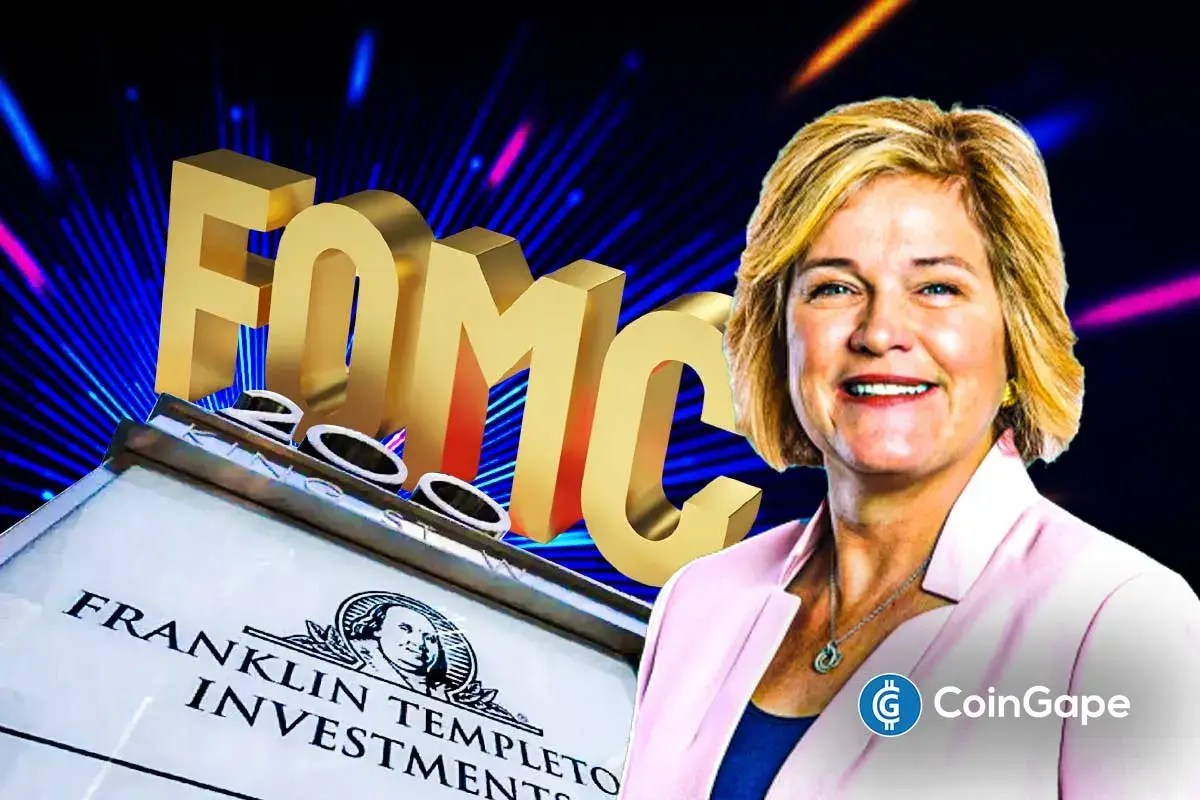These taxes could further squeeze profit margins already hit by rising costs. At the same time, US Senator Ted Cruz blocked a sweeping privacy bill that wanted to restrict data brokers from selling Americans’ personal information. He did this due to law enforcement concerns but left the door open to revisions. The privacy debate gained a lot of urgency in the crypto industry as well, after several high-profile attacks linked to leaked data.
Energy Tax Puts Pressure on Crypto Mining
New York State Senator Liz Krueger introduced new legislation that could reshape the crypto mining landscape in the Empire State. The proposed bill seeks to impose excise taxes on the energy that is consumed by crypto mining operations. The move was made amid rising concerns over the industry’s environmental impact and its reliance on high levels of electricity.
The tax structure is tiered, starting with an exemption for miners using 2.25 million kilowatt-hours (kWh) or less annually. Those consuming between 2.26 million and 5 million kWh would face a tax of 2 cents per kWh, while consumption between 5 million and 10 million kWh would be taxed at 3 cents per kWh. Larger operators consuming up to 20 million kWh would see a 4-cent tax, and those exceeding 20 million kWh annually will be taxed at 5 cents per kWh.
The proposed crypto mining tax legislation (Source: New York Senate)
Operations that rely on 100% renewable energy are exempt from the proposed levy, which will help with the state’s effort to incentivize clean energy use after the two-year moratorium on fossil fuel-powered mining, which expired in 2024.
The bill also comes at a time when crypto mining is already grappling with razor-thin profit margins, rising costs, and increasing network difficulty. Electricity has always been the single most critical input for miners, and the proposed tax could push operators relying on grid power further into unprofitability.
Some may be forced to relocate to more favorable jurisdictions without any added costs. Companies with the means to secure land and build facilities around renewable energy sources stand to gain a massive competitive edge, as they can bypass retail grid pricing and avoid the excise tax altogether. This widens the gap between well-capitalized mining giants and smaller operators who do not have access to cheap, sustainable energy.
The economic pressures are already visible. In the first quarter of 2025, energy prices in New York averaged about $0.08 per kWh, which was a sharp rise that squeezed profit margins. TeraWulf, with a facility in upstate New York, reported that the doubling of energy costs relative to revenue contributed to a $61.4 million loss during the period.
Median cost of mining 1 Bitcoin (Source: TheMinerMag)
At the same time, the median cost of mining a single Bitcoin surpassed $70,000 in the first quarter of 2025. This is according to data from TheMinerMag.
Ted Cruz Blocks US Privacy Protections Push
In another legislative move, US Senator Ted Cruz of Texas blocked a major privacy bill aimed at protecting Americans from the practices of data brokers. He argued that law enforcement still needs access to certain information and that the legislation requires further refinement.
The bill, Senate Bill 2850, was introduced by Democrat Senator Ron Wyden and seeks to restrict brokers from selling sensitive personal data, which can include addresses, financial information, and phone numbers, to virtually anyone willing to pay. Wyden argued that these practices enabled violence, stalking, and other crimes, and insisted that stronger protections are urgently needed.
Bill 2850
Cruz is a longtime critic of government surveillance and central bank digital currencies, and was the only senator to oppose the measure, specifically due to concerns that restricting access to data could interfere with monitoring convicted sex offenders.
He also blocked a narrower privacy bill that was introduced immediately after, which would have extended protections specifically to lawmakers, government staff, and survivors of sexual assault or domestic violence. However, Cruz said he was open to working with Wyden to improve the proposals, as Congress must avoid “doing nothing” while privacy concerns mount.
The debate comes at a time when privacy and data security are hot-button issues both in Washington and in the cryptocurrency community. Limiting what data brokers can sell could also reduce the risk of data breaches, which still threaten individuals and institutions in the United States and abroad.
The push for stronger protections gained some momentum after the June assassination of former Minnesota Representative Melissa Hortman, whose attacker is believed by the FBI to have obtained her home address through a data broker. The incident shed some light on the dangers of data exposure.
The crypto community has also seen a surge in targeted attacks, with over 50 incidents of kidnappings and killings linked to leaked home addresses in 2025 alone. This is according to data compiled by Bitcoiner Jameson Lopp.
Adding another layer to the discussion, Wyden confirmed on Wednesday that he is investigating Dan Morehead, founder of Pantera Capital, over allegations of improper tax practices. Wyden claims Morehead misrepresented his residency status and used Puerto Rico’s tax system to avoid more than $100 million in US taxes, despite earning the bulk of his capital gains while based in California.
Source: https://coinpaper.com/11426/crypto-miners-in-new-york-face-new-energy-tax-proposal


